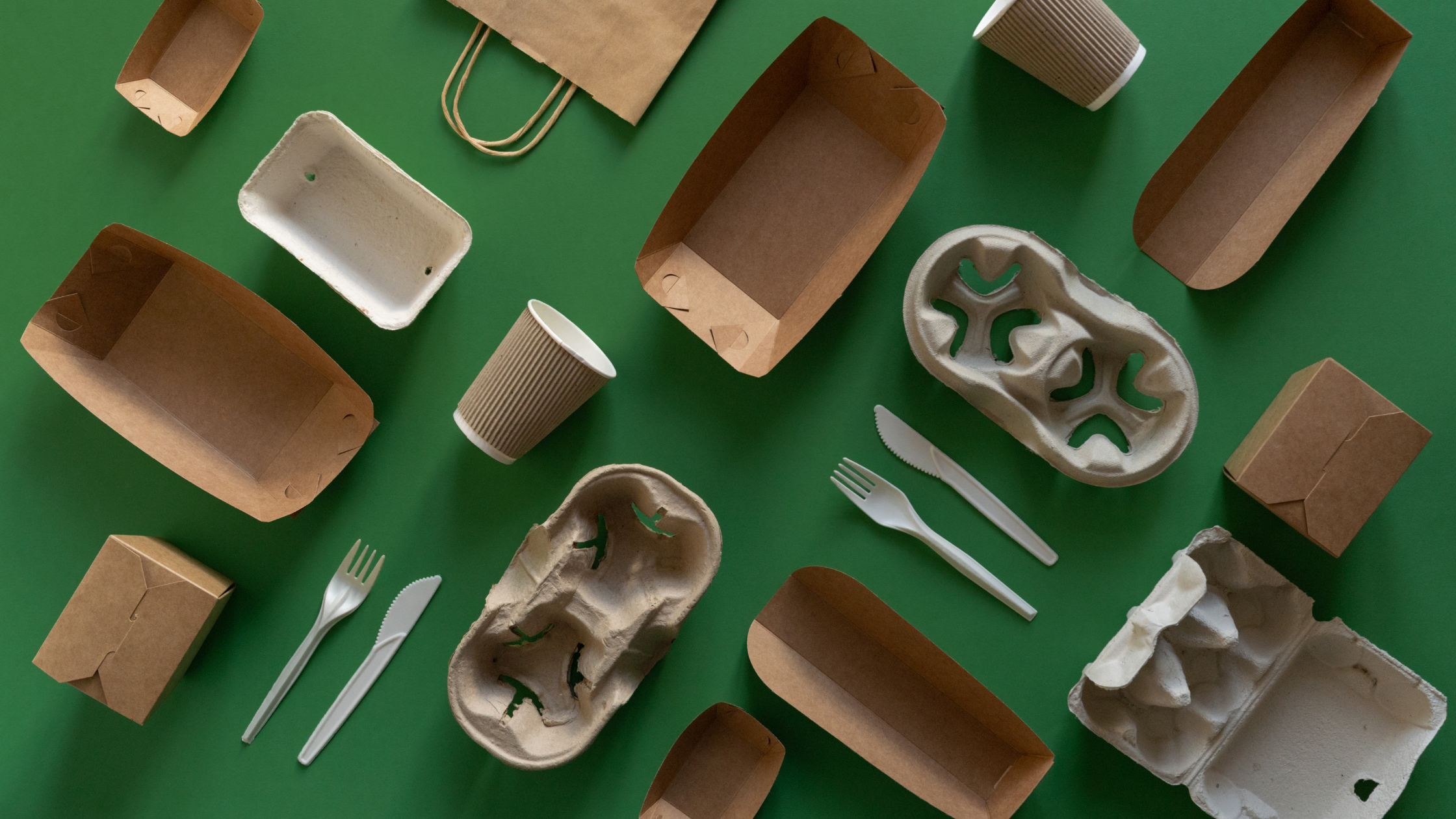BASE: Baseline and Additionality (Part 2/4)
Part 2 of the BASE series explores Baseline and Additionality -two pillars that shape how rePurpose Global defines and delivers impact.
Introduction
In the previous part of this blog - read Part 1 here if you haven't already - we read about the BASE acronym (Baseline, Additionality, Solution, Evaluation) that summarizes rePurpose Global’s impact process (or Outcomes-Based Circularity Implementation Mechanism - OBCIM).
The first of these steps - ‘B’ - is to scientifically establish baselines, and sets us up to create bespoke solutions for each region that will create environmental outcomes over and above those baselines ('A': Additionality).
Let's look at those steps in a bit more depth.
Baseline

To scope potential locations for projects, we first need to establish a scientific baseline - need to find out what's already happening, in order to develop impactful solutions. This involves researching three core elements:
- Collection rates for different plastic polymers
- Recycling rates for different plastic polymers
- Financial analysis (to underpin how much investment is required per kilogram of recovered plastic)
Secondary information includes waste generation rates, the systems that operate in the region, existing infrastructure, threats to biodiversity or human health, and much more.
Finding this data isn’t always easy. In many regions, waste management data records are not well kept or communicated. For rePurpose Global projects to be sure that the baseline is scientific and robust, data has to include at least one of the following:
- Analysis of peer-reviewed scientific secondary data, no more than 3 years old.
- Collection and analysis of primary data in collaboration with local partners, academia, NGOs, and other credible entities.
- Commissioning an independent data survey through a third-party expert agency.
With the data gathered, we produce a robust 'Baseline report' for the region, and consider the scope for an intervention.
The video below is a 1 minute summary of this approach to baseline research.
Additionality
With baseline report in place, the next step is an assessment of how feasible it is to create additionality. This is the ‘A’ in BASE.

For rePurpose Global to create a project, the concept of 'Additionality' is pivotal. Each project plan is required to demonstrate how its impact surpasses baseline 'business as usual' scenarios (i.e. creates 'additionality') at regional, polymer, or project activity levels. For projects to be additional, at least one of the following has to be satisfied:
- Penetration Rate: Projects are deemed additional if the collection and recycling rate per polymer is below 20% in the region.
- Investment Analysis: Justification of VPR financing based on economic and financial indicators at the project level.
- Positive List: Projects located in Least Developed Countries (LDCs), Small Island Developing States (SIDS), or Special Underdeveloped Zones (SUZs) qualify.
For example, in a scenario where only 2% of multi-layer plastics (MLP) are collected because doing so is unprofitable, funding can be used to incentivize the collection, recovery, and processing of MLP. If collection and recovery surpasses 2% then ‘additional’ impact has been created.
Together, baseline research and additionality criteria are the foundation for establishing our impact projects. This data remains valid for five years before the need for revalidation.
Our approach of establishing a baseline and designing an effective additionality model ensures that funding is directed towards projects that are as impactful as possible in addressing plastic pollution in their respective regions.
The video below recaps this approach to additionality, and its importance in our impact projects.
Read more
Next: Read BASE Part 3: Solution
Previous parts of this blog are available here:
Part 1: An introduction to BASE

Get Started with Verified Plastic Recovery for your Brand
rePurpose Global is here to support your sustainability roadmap with impactful and measurable Plastic Action solutions that deliver immediate results. Partner with us to measure your plastic footprint, fund plastic waste recovery, and create strong sustainability messaging for your brand.
Talk to our team to explore how we can work together.

Related Posts
Plastic Action in Rural India with the Alliance to End Plastic Waste
Plastic Action in Rural India with the Alliance to End Plastic Waste
Plastic Reduction Strategy Template for Your Brand
This quick template can help you get started on mapping out an effective, comprehensive and realistic plastic reduction strategy.
4 ways to tell if a Plastic Recovery Program is responsible
Not all recovery programs are equal. Learn four ways to assess their responsibility, impact, and alignment with your brand’s plastic action values.



.jpg)

%20(1).jpg)









